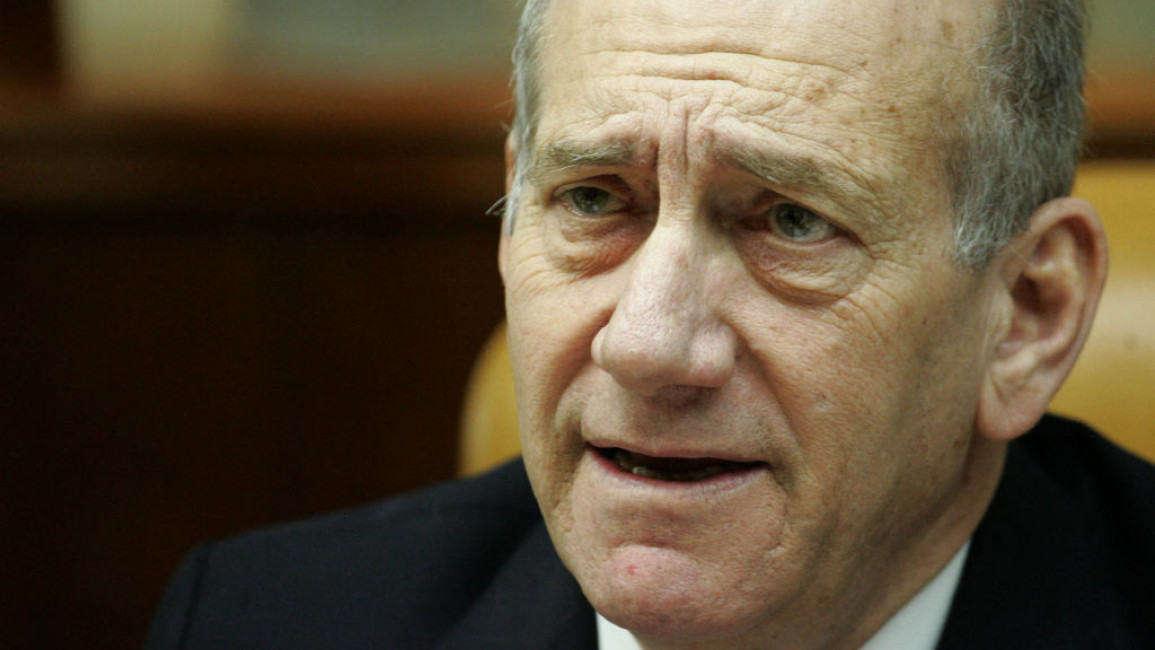Israel 'without conventional military capacity to end Iran's nuclear activities': Ex-Israeli PM
Former Israeli premier Ehud Olmert claimed on Monday that Israel is without any conventional military capacity to hit and end for good Iran's nuclear activities.
It comes as current Prime Minister Naftali Bennett is set to speak before the United Nations General Assembly on Monday.
The Yamina Party leader will discuss Iran's nuclear efforts and what he perceives as his country's right to self-defence.
Writing for Israeli daily Haaretz, Olmert challenged fellow former PM Benjamin Netanyahu's claims in previous years that Iran is close to obtaining a nuclear weapon, The New Arab's Arabic sister service, Al-Araby Al-Jadeed, reported.
Olmert indicated that "intensive and accelerated uranium enrichment does not necessarily turn Iran into a state on the brink of becoming nuclear".
The ex-Israeli leader hit out against what he described as the stance of increasing anxiety about Iran's nuclear programme for no purpose.
He explained Tehran is able to build up its levels of enriched uranium that would put it on the cusp of becoming a nuclear power in just a few months but said other circumstances would mean it is unlikely this would ever happen.
He noted another ex-premier, Ehud Barak, has also said he does not believe Tehran is seeking to push its nuclear programme to this extent.
What Barak "announced recently [about] Israel not having a conventional military option to eliminate the Iranian nuclear threat is true", according to Olmert.
'It seems evident' that the United States should be more active in resolving all issues related to the #Iran nuclear deal, Russian Foreign Minister Sergey Lavrov said.https://t.co/7wSyL8Upo8
— The New Arab (@The_NewArab) September 26, 2021
Olmert suggested he felt this way when Barak was working under Netanyahu.
Israel has knocked out nuclear facilities in Syria and Iraq over the past four decades, but Olmert said the situation in Iran is different and "it is not possible to predict how it will end".
"There is space for a complex web of operations which could disrupt economic, social and political stability in Iran," Olmert explained.
The former Israeli PM's comments come after the United Nations' International Atomic Energy Agency claimed on Sunday that Tehran had not allowed its officials into a location where nuclear centrifuge parts are made, going against a deal reached two weeks ago.



